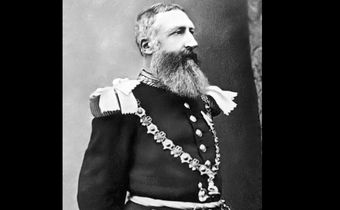Meet the 10 most deadly leaders who changed history forever
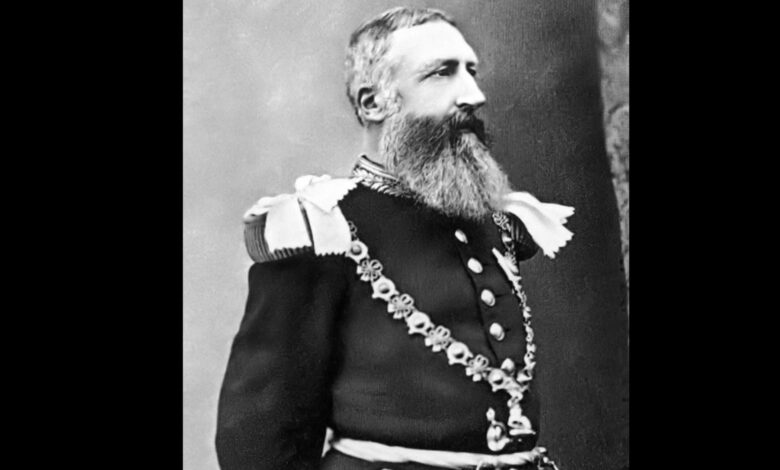
While many leaders throughout history have inspired transformation, innovation and human progress, others have left behind legacies steeped in violence, authoritarianism and unspeakable suffering.
These individuals wielded the full weight of state power not for the welfare of their people, but to pursue destructive ideologies, personal ambition or economic gain, often resulting in the deaths of thousands, if not millions.
The names on this list are not merely figures from dusty textbooks. The atrocities committed under their rule affected real individuals, people with families, dreams and futures that were abruptly cut short.
Confronting this darker side of history is not simply an academic exercise. It serves as a powerful reminder that power, left unchecked, can descend into tyranny and horror. Understanding how these leaders rose to prominence and maintained control offers important lessons in how to safeguard democracy, protect civil liberties and hold leaders accountable.
Six professional footballers convicted of rape or sexual offences over the years…
Here are ten of the most deadly leaders in recorded history, men whose decisions changed the world, often with catastrophic consequences.
ALSO READ: 10 most secure prisons in the world where escape is impossible
10 most deadly leaders in recorded history
1. Mao Zedong (China, 1949 to 1976)
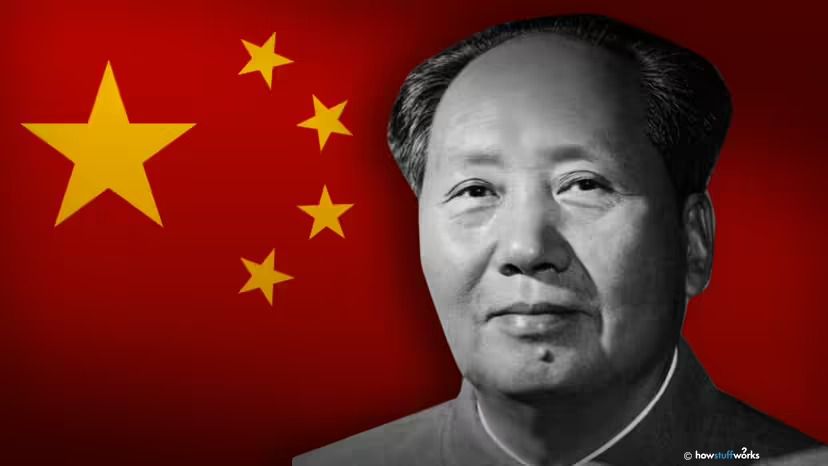
Estimated Death Toll: 40 to 80 million
Mao Zedong, the founding father of the People’s Republic of China, is responsible for the highest death toll in modern history. Although not all these deaths resulted from direct violence, his policies created conditions that proved catastrophic.
The Great Leap Forward (1958 to 1962), intended to rapidly industrialise China’s economy, led instead to widespread famine, with tens of millions perishing from hunger. Villages were left starving as the state enforced unrealistic grain quotas while local officials falsified reports to avoid punishment.
The Cultural Revolution (1966 to 1976) unleashed further chaos. Fuelled by Mao’s paranoia, students and citizens were encouraged to denounce teachers, neighbours and even family members in the name of ideological purity. This period witnessed mass purges, public humiliations and brutal executions.
Key lesson: Even well-meaning or revolutionary ideals can become deadly when leaders refuse to acknowledge failure or criticism.
ALSO READ: 15 of the most dangerous and brutal prisons in the world where survival isn’t guaranteed
2. Joseph Stalin (Soviet Union, 1924 to 1953)
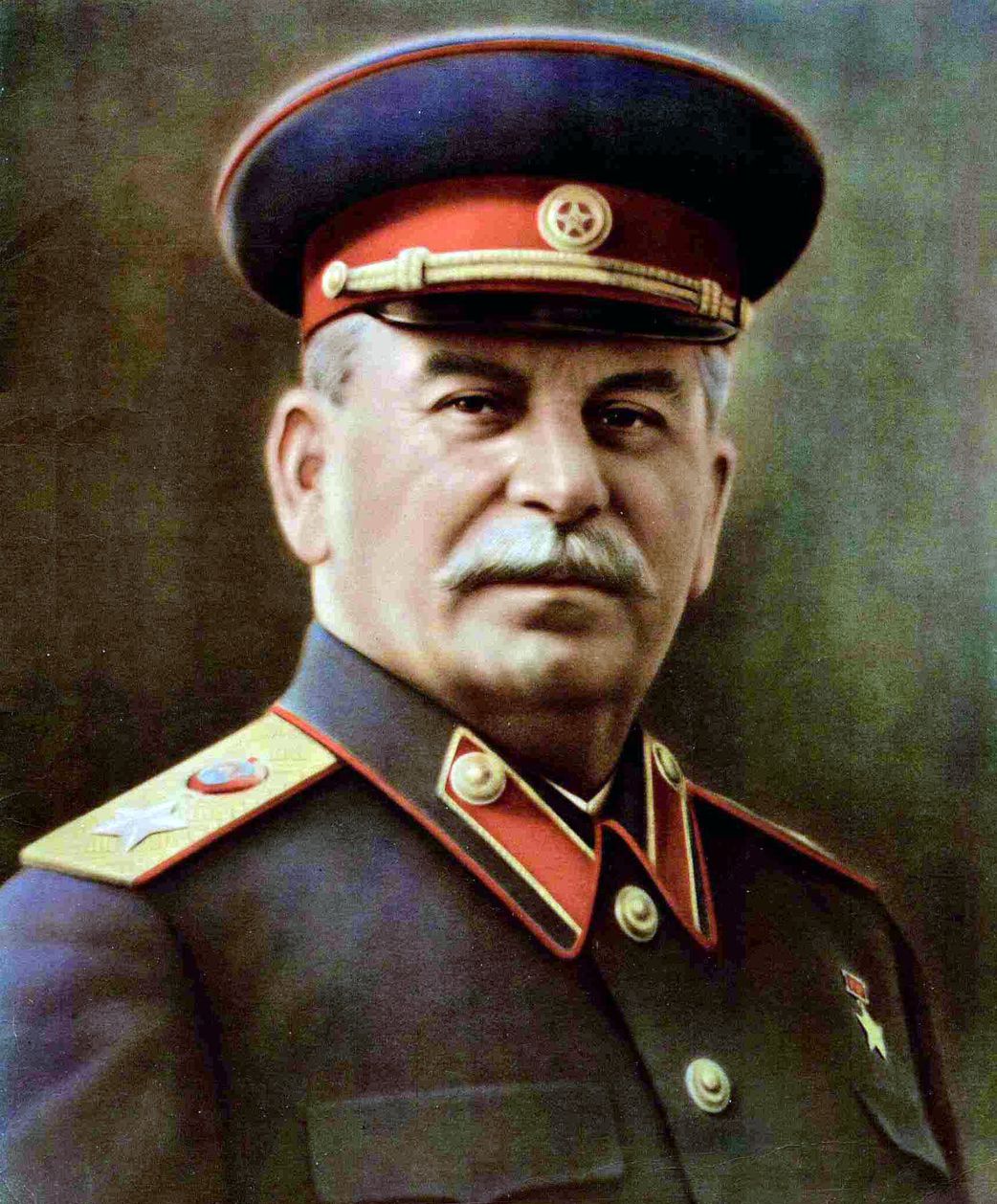
Estimated Death Toll: 6 to 20 million
Stalin’s rule transformed the USSR into a global superpower, but at an immense human cost. His collectivisation policies triggered widespread famines, most notably the Holodomor in Ukraine, where millions starved while grain was exported to support industrialisation.
Stalin’s purges targeted intellectuals, military officers and loyal party members alike. His infamous gulags, forced labour camps in remote regions, became death traps for millions of political prisoners.
Key lesson: Paranoia in leadership, when unchecked, gives rise to regimes that eliminate dissent and devour their own.
ALSO READ: 7 most luxurious prisons, more comfortable than your apartment
3. Adolf Hitler (Germany, 1933 to 1945)
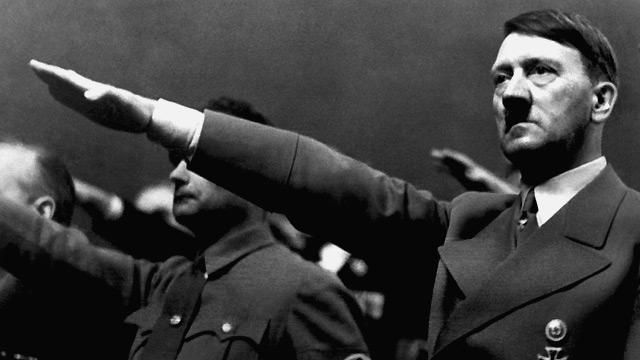
Estimated Death Toll: 17 to 20 million civilians
Adolf Hitler’s regime saw one of history’s most methodical and ideologically driven genocides. Six million Jews were murdered in the Holocaust, alongside Roma people, political dissidents, the disabled and others deemed “undesirable” by the Nazi state.
Hitler came to power through democratic means, exploiting economic despair and hyper-nationalism to transform an advanced society into an engine of destruction. His expansionist ambitions sparked the Second World War, costing over 70 million lives globally.
Key lesson: Democracy must be actively defended; economic despair and racial ideologies can be weaponised with terrifying efficiency.
ALSO READ: Buhari, Rawlings, and 6 other African military leaders who became democratic presidents
4. Pol Pot (Cambodia, 1975 to 1979)
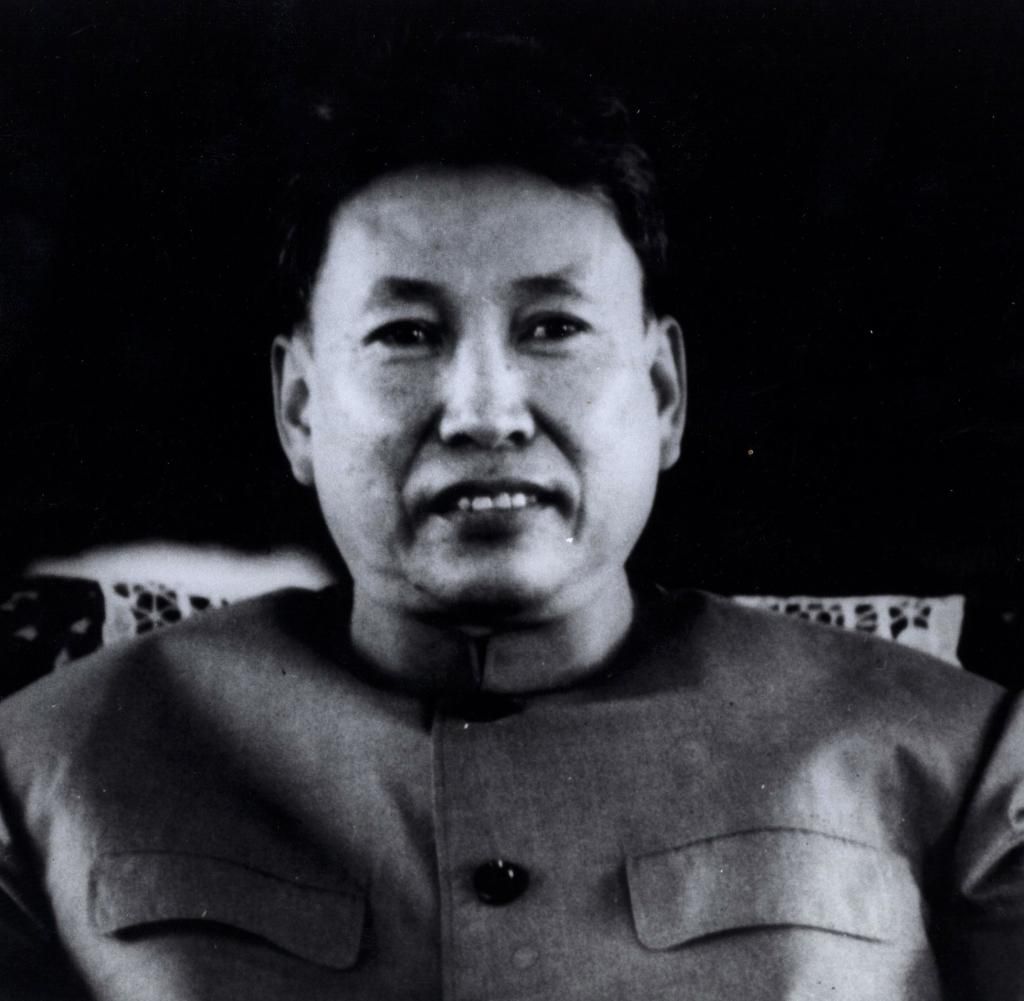
Estimated Death Toll: 1.5 to 2 million
In a radical bid to recreate society, Pol Pot’s Khmer Rouge regime sought to eliminate class distinctions by eradicating urban life. Intellectuals, professionals and even those wearing glasses were targeted.
Millions of Cambodians were forced into the countryside, where starvation, disease, torture and execution were rampant. Mass graves, known as the Killing Fields, still bear witness to one of the most concentrated genocides of the 20th century.
Key lesson: Extremist ideologies that reject modernity and human rights often lead to total societal collapse.
ALSO READ: Top 5 Ghanaian pastors who have engaged in shocking public clashes
5. Leopold II of Belgium (Congo, 1885 to 1908)
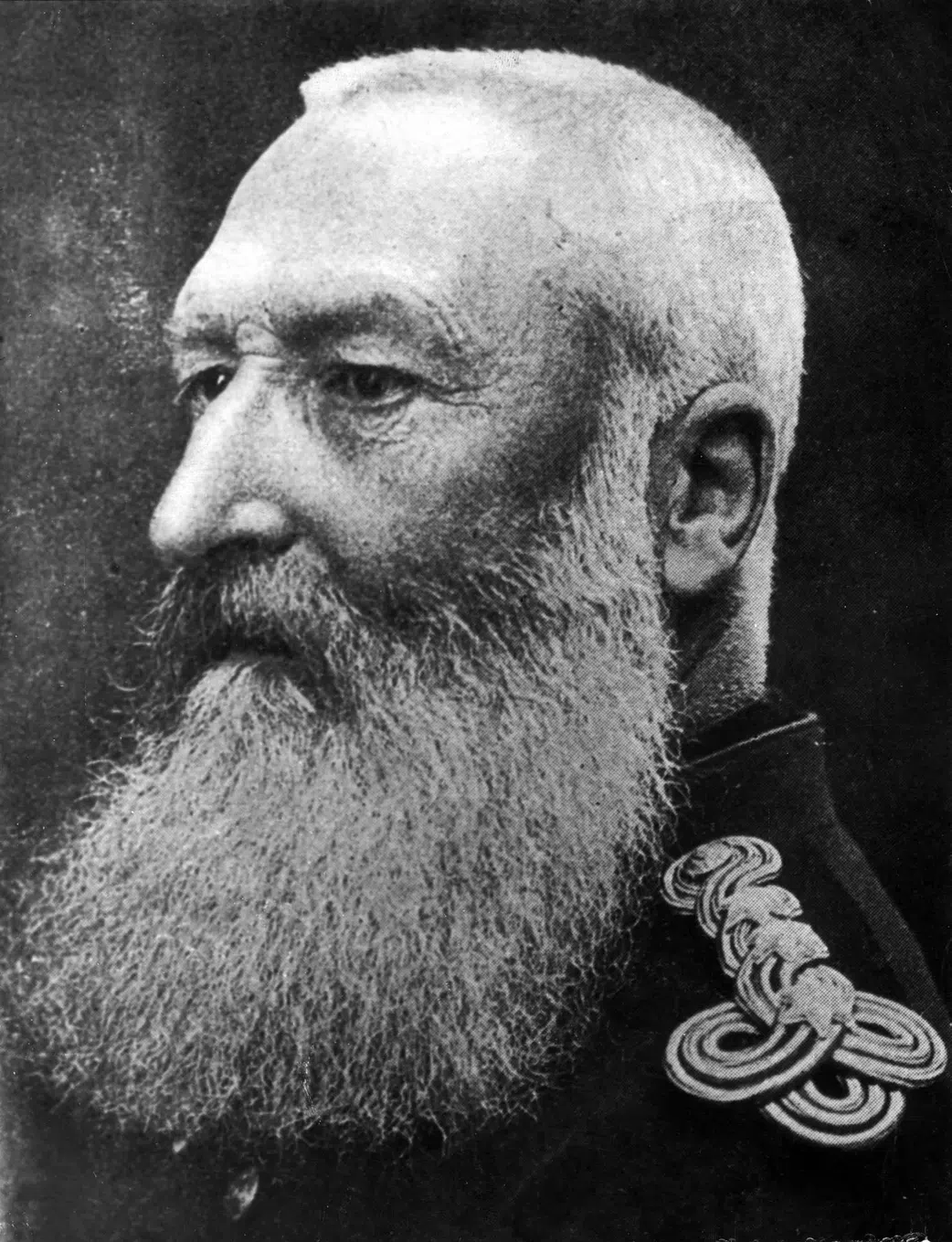
Estimated Death Toll: 10 to 15 million
Leopold II never set foot in the Congo, but his brutal exploitation of the Congo Free State for rubber and ivory profits led to one of the most overlooked atrocities in modern history. Workers who failed to meet quotas were whipped, mutilated or executed.
His regime operated under the false banner of civilisation, masking forced labour, starvation and terror with imperial rhetoric.
Key lesson: Greed, when cloaked in moral justification, can lead to industrial-scale human suffering.
ALSO READ: Inside Africa’s coldest country filled with glaciers, snow and ice and -29C temperatures
6. Ismail Enver Pasha (Ottoman Empire, 1913 to 1918)
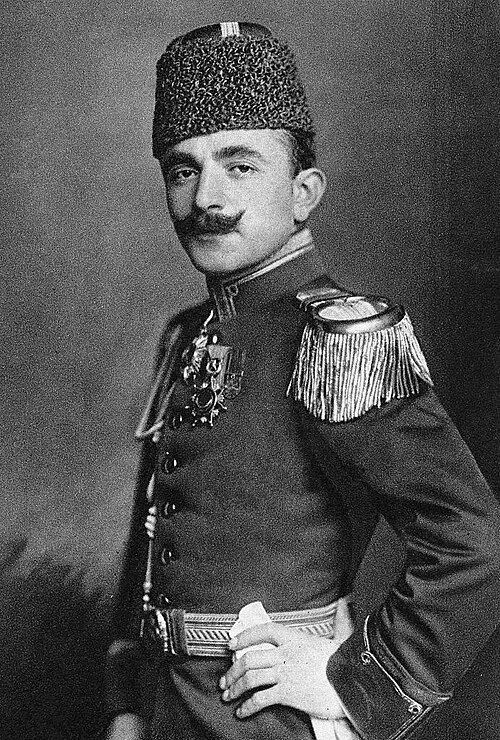
Estimated Death Toll: 2.5 to 3 million
As one of the “Three Pashas” who led the Ottoman Empire during the First World War, Enver Pasha orchestrated the Armenian Genocide, where over a million Armenians were systematically murdered. Other targeted groups included Assyrians and Greeks.
Mass deportations, executions and starvation tactics were used in a calculated effort to eliminate perceived ethnic threats.
Key lesson: Nationalism, when fused with military ambition, becomes a potent force for mass violence.
7. Hideki Tojo (Japan, 1941 to 1944)
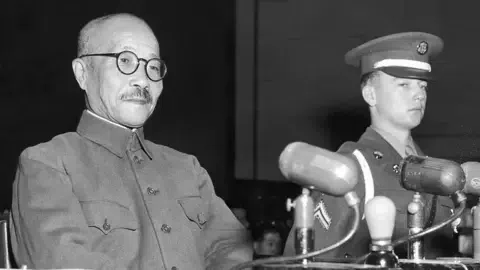
Estimated Death Toll: 4 to 6 million civilians
As Prime Minister during much of the Second World War, Hideki Tojo oversaw Japan’s brutal expansion across East and Southeast Asia. His forces committed widespread atrocities, including the Rape of Nanking, where hundreds of thousands were murdered and thousands of women were raped.
Tojo’s military endorsed biological experiments on civilians and orchestrated mass killings, forced labour and systematic abuse.
Key lesson: Military power without accountability leads to unimaginable human rights violations.
ALSO READ: Top African countries notorious for romance fraud
8. Idi Amin (Uganda, 1971 to 1979)
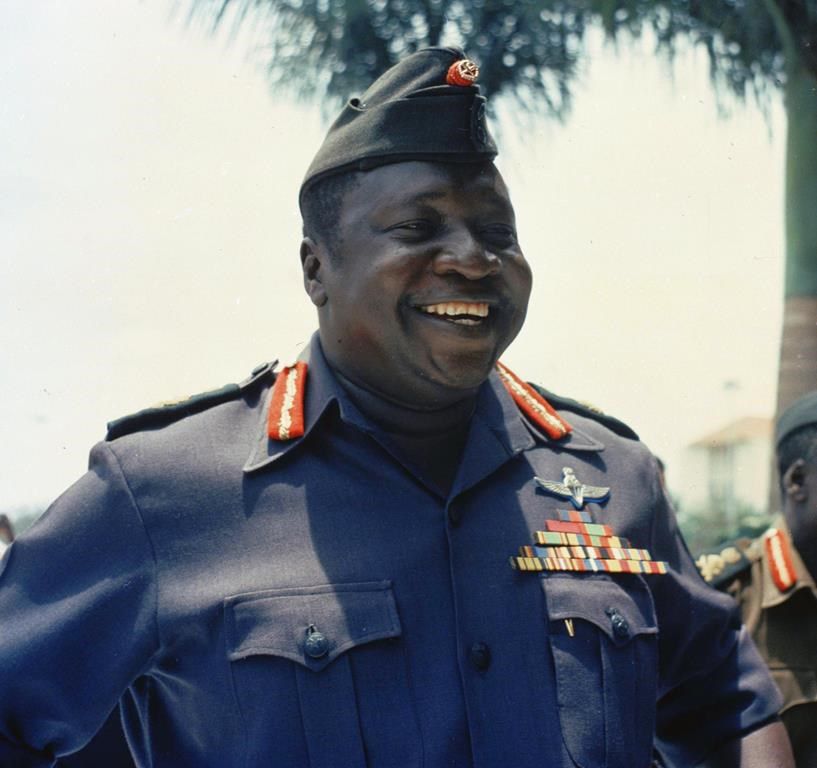
Estimated Death Toll: 100,000 to 500,000
Idi Amin’s regime was marked by ethnic persecution, economic collapse and absolute terror. In 1972, he expelled Uganda’s entire Asian community, devastating the economy. Political opponents and minority groups were slaughtered indiscriminately.
His erratic behaviour, cult of personality and brutality earned him international infamy.
Key lesson: Authoritarianism, combined with personal megalomania, creates a recipe for national catastrophe.
9. Saddam Hussein (Iraq, 1979 to 2003)
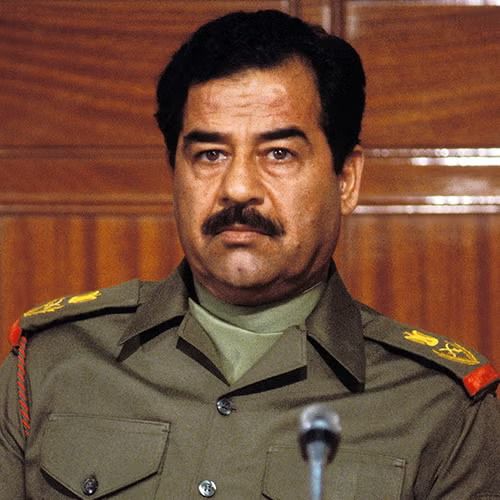
Estimated Death Toll: 250,000 to 500,000
Saddam Hussein ruled Iraq through fear and violence. He used chemical weapons on Kurdish civilians during the Anfal Campaign and led the country into devastating conflicts, including the Iran-Iraq War and the invasion of Kuwait.
Domestically, his regime was notorious for torture, surveillance and summary executions.
Key lesson: Brutal regimes often mix modern tools with ancient grievances to maintain control.
ALSO READ: 6 proven ways to become emotionally available in your relationship
10. Yahya Khan (Pakistan, 1969 to 1971)
Estimated Death Toll: 300,000 to 3 million
During the Bangladesh Liberation War, Yahya Khan’s military crackdown on East Pakistan resulted in one of the worst genocides of the 20th century. Entire villages were razed, and civilians were systematically murdered or raped by the military.
The atrocities drew global condemnation and ultimately led to the creation of Bangladesh.
Key lesson: Ethnic and linguistic suppression in divided nations can trigger catastrophic civil conflict.
Common Threads Between These Leaders
Despite vast differences in time, culture and ideology, these leaders shared several key traits:
-
A consolidation of unchecked power
-
Use of propaganda and censorship to suppress opposition
-
Dehumanisation of entire groups of people
-
Cultivation of fear to control the masses
-
Justification of violence through ideology, nationalism or economic goals
ALSO READ: 10 power habits of emotionally available partners
Why This History Matters
The atrocities committed by these leaders are not just statistics; they are scars on humanity’s conscience. While these chapters of history may seem distant, the conditions that enabled such cruelty remain relevant today.
When leaders rise to power without checks and balances, when propaganda is allowed to flourish unchecked, and when entire communities are vilified, history begins to echo with dangerous familiarity.
Democracy, transparency and accountability are not merely political ideals. They are safeguards against the return of tyranny.
ALSO READ: Kenya announces visa-free travel for all African countries except Somalia and Libya: Here’s why
The victims of these regimes may not have had a voice, but their stories must be told. In remembering their suffering, we arm ourselves with the knowledge and vigilance to ensure that such horrors are never repeated.

